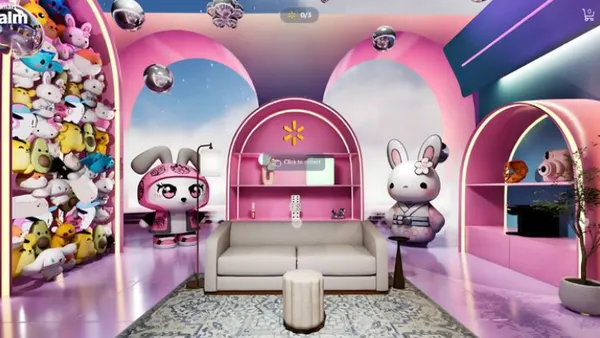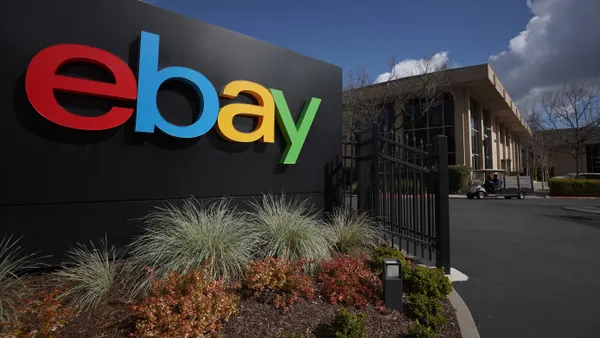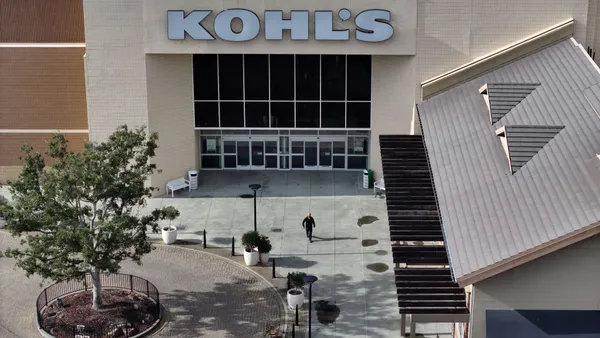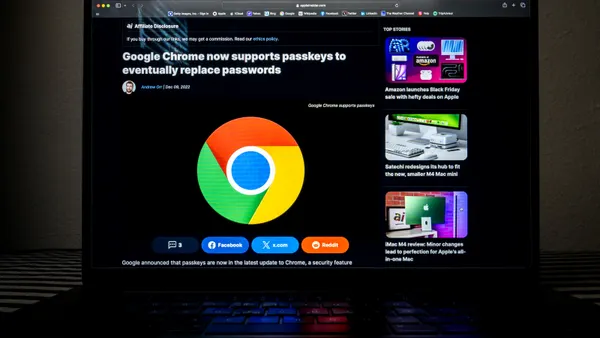Dive Brief:
- DHL, the shipping operation of Deutsche Post AG, is planning its latest and largest test yet of e-commerce package deliveries to connected cars: A multi-city trial in Germany involving Daimler smart cars outfitted with connectivity boxes.
- DHL's Smart Ready to Drop program enables online shoppers to specify product delivery to their parked vehicle. DHL delivery drivers are given one-time keyless access to the trunk of the drop-off car through a dedicated app; the delivery driver will also pick up return parcels.
- The DHL beta test will begin in Stuttgart before expanding to Cologne, Bonn and Berlin over the span of a few months. The initiative will eventually make its way into seven cities across Germany. The effort follows similar tests conducted by DHL with Amazon that involved Audis and Volvos.
Dive Insight:
We're starting to see more riffs on the whole concept of delivering packages to non-traditional delivery locations. Smart lockers at convenience stores and similar locations are another take on this concept.
Though most of these new delivery programs remain in the testing phase for now, it's not hard to imagine how packages one day will be delivered to all sorts of connected locations closer to the customer—maybe even eventually directly to customers regardless of their locations (if that's really what they want.)
Connected cars—or, more specifically, the trunks of connected cars—seem like a natural fit with this concept. Internet connectivity can allow one-time key codes to the trunks be provided to the shipper's delivery driver, and then be rendered invalid after use.
It's not a slam dunk of course, which is probably one of the reasons why DHL and others are taking their time testing these capabilities. Some people may want packages delivered to the trunks of their cars because they may not feel packages are safe from thieves while sitting on their front porches. But once the practice of delivering to car trunks becomes more common, we can probably assume thieves will start noticing when the DHL or UPS truck stops at a random parked car.
Also, there remains much concern about the cybersecurity of connected cars and how easily they might be hacked. Will customers feel confident that packages delivered to their car trunks are safe from hackers who might compromise their lock codes? Count on shippers and connected car makers making moves to soothe such concerns before this kind of delivery program becomes widely adopted.












